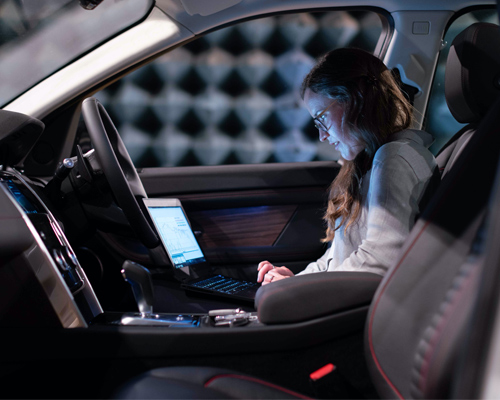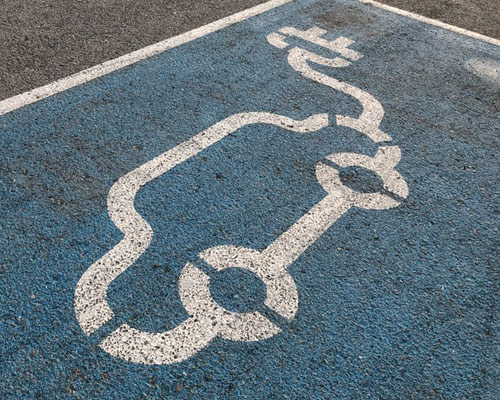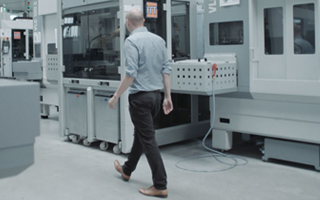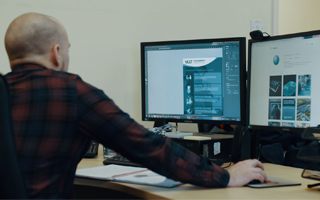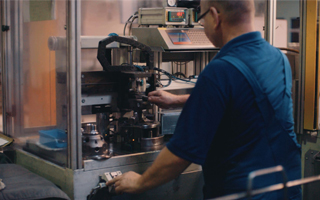How Has Deglobalisation Impacted Automotive Manufacturing in the UK?
7th June 2023
Deglobalisation refers to a trend where overseas production and supply chains shift towards more localised approaches.
The motivations behind deglobalisation in the automotive industry can vary. Some reasons include…
- Concerns about supply chain vulnerabilities.
- Poor quality output.
- A desire to reduce dependence on specific countries or regions.
- Rising trade protectionism.
- Government incentives to encourage domestic production.
- A shift towards more sustainable and resilient manufacturing practices.
It's important to note that deglobalisation doesn’t necessarily mean a complete withdrawal from global markets. Instead, it represents a re-evaluation of the global integration of automotive manufacturing, often with a focus on achieving a balance between global and local considerations.
Here’s 5 ways that the trend of deglobalisation is impacting UK automotive manufacturing today…
Supply chain restructuring
Automotive manufacturers have been reconsidering their global supply chains and making efforts to localise or regionalise their sourcing of parts and components. This shift aims to reduce dependence on foreign suppliers and mitigate risks associated with disruptions in global supply chains.

Brexit and trade implications
The UK's decision to leave the European Union (EU) - commonly known as Brexit - has had a profound impact on automotive manufacturing. It has introduced trade barriers, increased regulatory complexities, and disrupted established supply chains between the UK and the EU. As a result, some automakers have considered repositioning their operations or adjusting their supply chains to adapt to the new trade environment.
Domestic production emphasis
Deglobalisation has led to a renewed focus on domestic production within the UK. For example, some automotive manufacturers have invested in expanding their production facilities or establishing new plants to strengthen their local manufacturing capabilities. This move is often driven by government incentives, the desire to secure local supply chains, and the need to respond to changing trade dynamics.
Talent and labour considerations
The deglobalisation trend has also influenced the availability of talent and labour in the UK. Changes in immigration policies, such as the introduction of new visa requirements, may affect the industry's ability to attract skilled workers from abroad. Consequently, automotive manufacturers may need to focus on developing domestic talent pools and upskilling their workforce to meet the changing demands of the industry.

Electric and autonomous vehicle focus
Deglobalisation has coincided with the industry's increasing focus on electric vehicles (EVs) and autonomous vehicles (AVs). Many governments and automotive manufacturers see these technologies as pivotal for the future of transportation. Consequently, the UK has been investing in developing the necessary infrastructure and capabilities to support the production and adoption of EVs and AVs, further shaping the direction of the automotive manufacturing sector in the country.
Overall, deglobalisation - driven by factors like Brexit and changing trade dynamics - has prompted automotive manufacturers in the UK to reassess their supply chains, prioritise domestic production, and adapt to new regulatory frameworks.
These shifts aim to enhance the resilience, competitiveness, and technological advancement of the UK automotive sector – helping it to remain a driving force in a changing global landscape.



